
Two of Saudi Arabian Amiantit Company’s manufacturing facilities in the Eastern Province concluded the year with a total of 26 contract awards worth more than $33 million, clinched by them during the last quarter of the year for various projects across Saudi Arabia.
The majority of the orders are for GRE (glass-reinforced epoxy) pipes and fittings that are being produced at the Amiantit Group’s Bondstrand Limited (BSL), while the remaining orders are for GRP (glass-reinforced polyester) pipes and fittings that are being manufactured at Amiantit Fiberglass Limited (AFIL).
“These contract awards enabled Bondstrand and AFIL to start 2007 with full order books and it is gratifying to see that most of the orders come from within the kingdom, which is and always has been our core market,” says Fareed Al Khalawi, president and CEO of the Amiantit Group. “Furthermore, since most of these orders are for the Bondstrand plant, it totally justifies the investment that we made in researching and developing GRE pipes specifically for the gas and oil industries.”
Al Khalawi adds: “With the kingdom and other GCC countries enjoying a boom similar to the early 1970s, there is renewed activity in upgrading existing infrastructure and initiating new projects for the oil and gas industries and municipal water and sewage networks. With this in mind, I am confident that this year will continue as it started and we shall see 2007 close with excellent results.”
Amiantit GRP and GRE pipes are corrosion-resistant, as well as being strong and durable, yet light in weight, easy to install and environment-friendly. The world patents for Flowtite – the technology used in the manufacture of fiberglass-reinforced pipes – are exclusively owned by Amiantit, he says.
GRP pipes are so highly rated by project owners and contractors because they are strong and durable yet lightweight, which makes them easy to transport and install, thus reducing costs. But above all, Amiantit Flowtite GRP pipes are corrosion-resistant, which makes them environment-friendly because there is no leakage of contaminating liquids into the surrounding soil and groundwater, he says,
While GRE pipes are supplied to countries with oil and gas reserves, Amiantit’s environment-friendly GRP pipes are in demand worldwide for transporting potable water and in sewage systems. Because they are corrosion-resistant, GRP pipes also have industrial applications, including for transporting highly-corrosive seawater for cooling systems. Amiantit Flowtite GRP pipes are used for water, sewage, industrial, agricultural and marine applications. Flowtite technology is also used to manufacture GRP corrosion-resistant single and double wall tanks, which are used for underground and above-ground storage of liquids such as gasoline, aviation fuel, and petrochemicals.
To meet the increasing global demand, Amiantit has GRP manufacturing facilities strategically located in countries as far apart as Germany and India, and South Africa and Brazil.
Amiantit’s GRP manufacturing facility Amitech Spain, meanwhile, has been recently awarded contracts amounting to approximately $13 million.
The orders are for Flowtite GRP pipes for a variety of applications, ranging from an underwater pipeline in Marseille, France, to sewage pipe systems in Spain, and GRP pipes for a power plant cooling system in Mallorca. Following the good experience and trust built up during the latter project, the owner decided to order these GRP pipes for a power plant cooling system in the Canary Islands. However, the bulk of the contract awards consists of six orders for irrigation projects in Spain which amount to $9.3 million.
“In 2000, when the Amiantit Group began the process of going global, Spain was given high priority in our strategic planning because of its strong economic growth,” says Al Khalawi. “We took into consideration three factors that would create an ongoing demand for Flowtite GRP pipe systems: continuous development of the tourist industry; rapid industrial expansion; and extensive agricultural expansion which, due to Spain’s hot, dry climate, would require new irrigation networks and also replacement of old, outdated irrigation systems.”
“Amitech Spain is consistently producing excellent results as is shown by the recent batch of orders, out of which the largest volume is for irrigation projects, proving our initial forecast to be correct and fully justifying our investment in establishing a GRP manufacturing facility in Spain,” he says.
Amitech factories are also located in Germany and Poland serving other European countries such as France and Lithuania, and further east, there is an Amiantit GRP plant in Kazakhstan.
In the Middle East, apart from Saudi Arabia, there are GRP manufacturing facilities in Egypt, Algeria and Morocco. Other Amiantit GRP plants are in Turkey, India, South Africa, Argentina and Brazil.
The Saudi Arabian Amiantit Company was established in 1968 at Dammam, Saudi Arabia, as a limited liability company and was converted into a joint stock company in 1994. It started with a paid-up share capital of $1 million, which currently stands at $308 million. The company’s prime activity is to initiate and manage new industrial projects, and market its technologies and products. It also monitors and controls the business of all the Amiantit Group subsidiaries through its corporate management office in Dammam.
The Amiantit Group is a leading industrial organisation with global strength and is comprised of companies in the kingdom and abroad that manufacture various kinds of pipes, joints, fittings, tanks, rubber products and related accessories. Other activities include own and transfer technology, and water project consultancy and management all around the world.




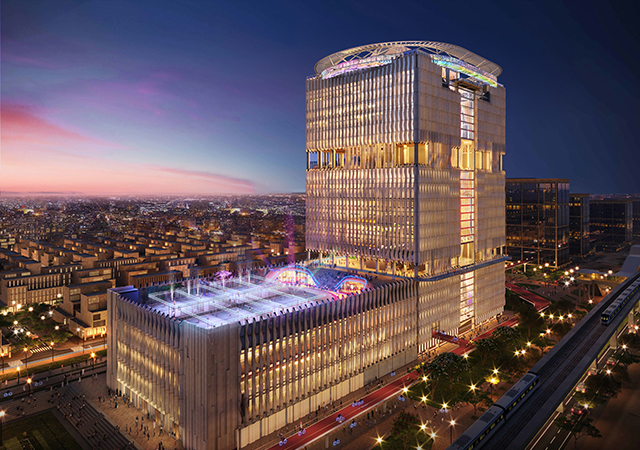
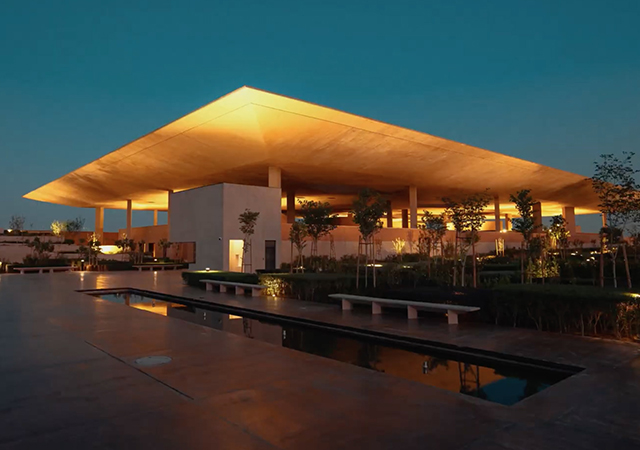



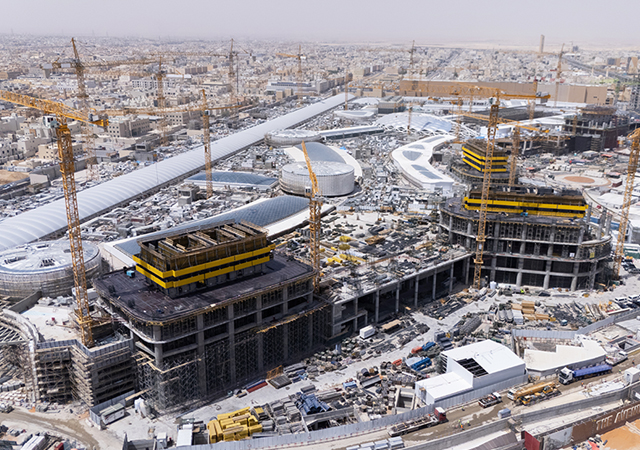
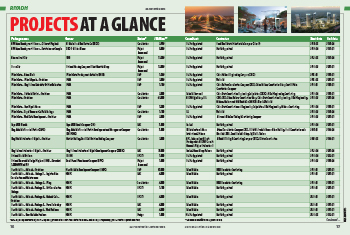
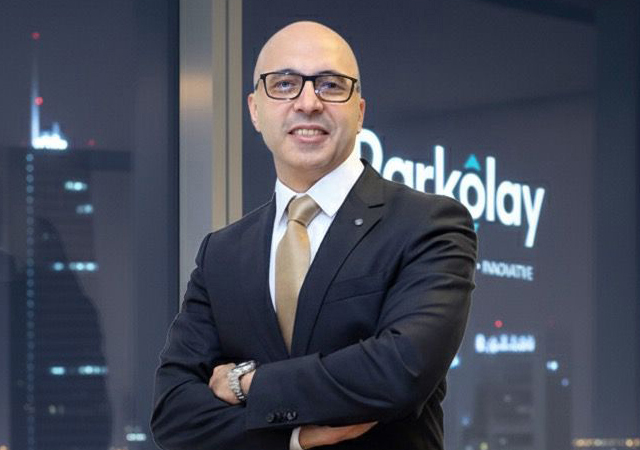
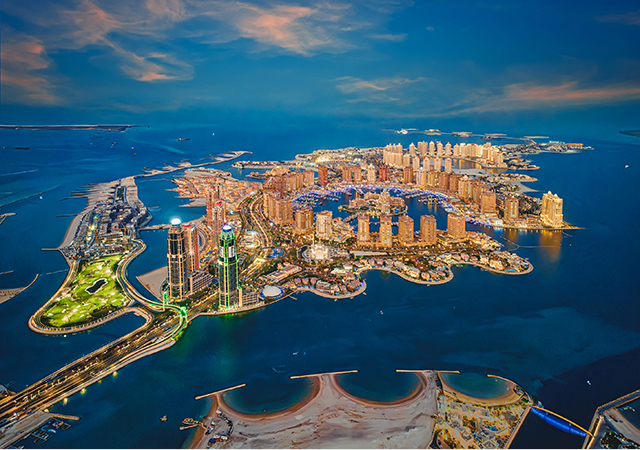

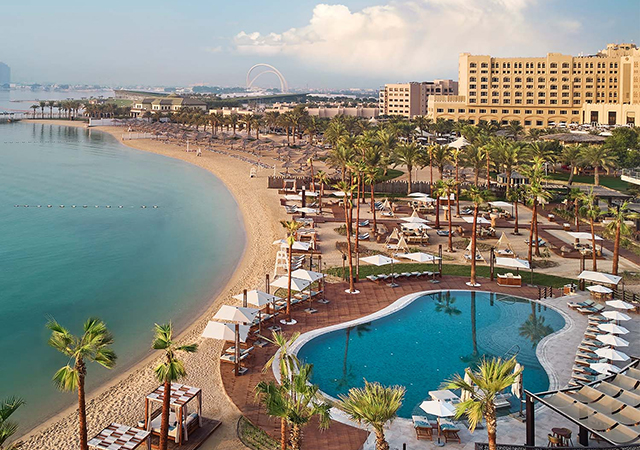
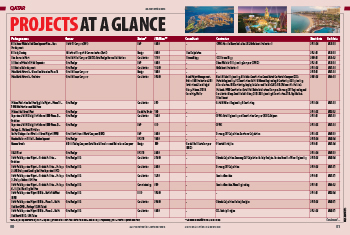
.jpg)
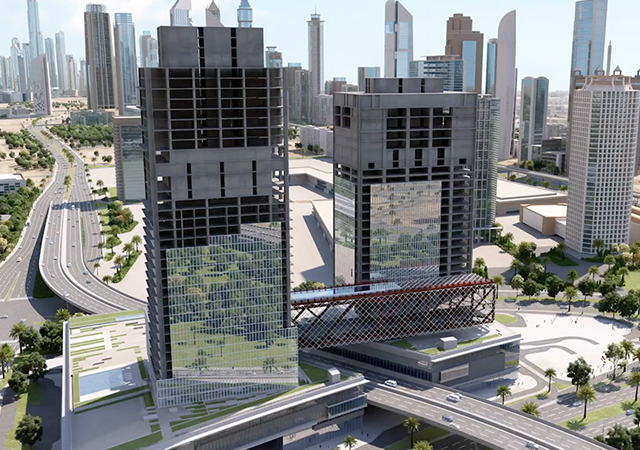




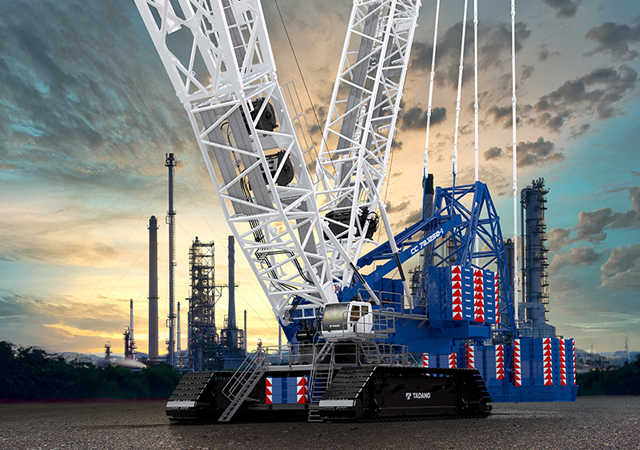
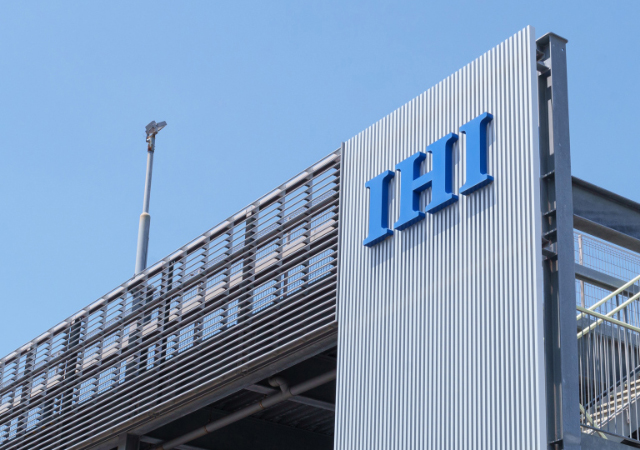
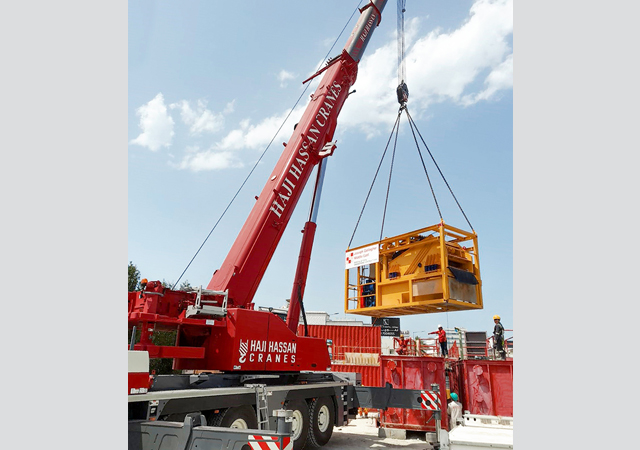
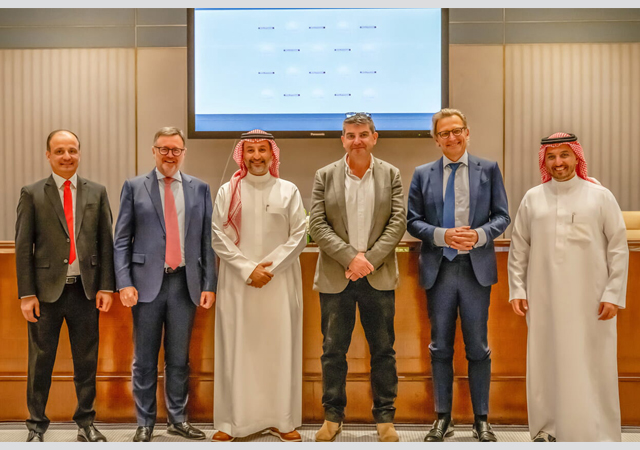

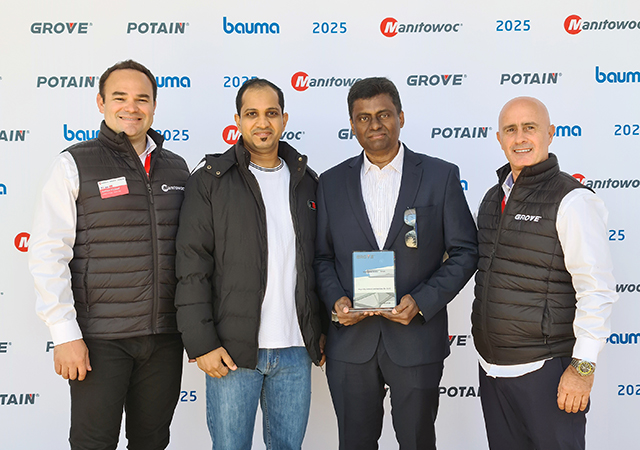
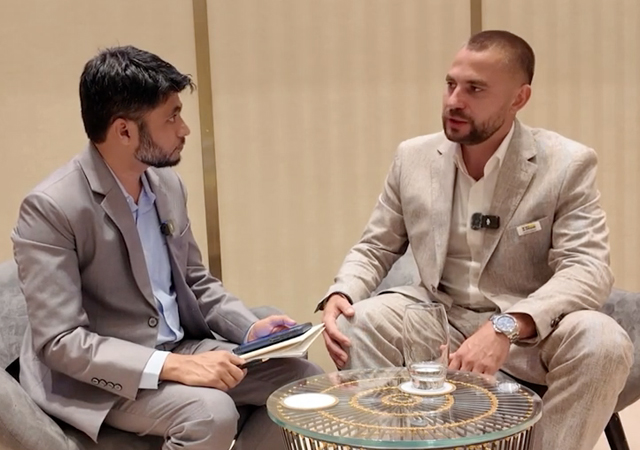
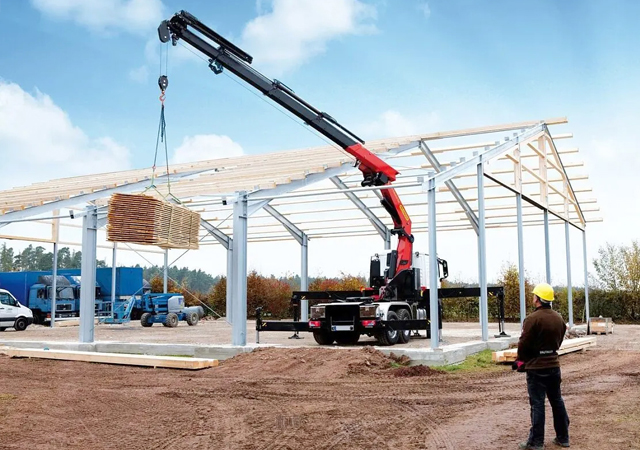
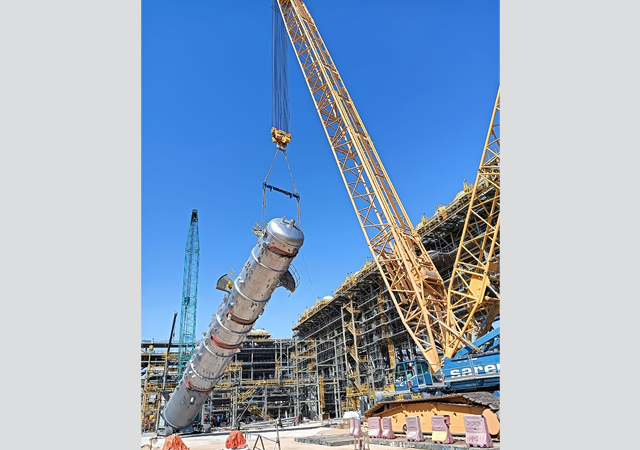
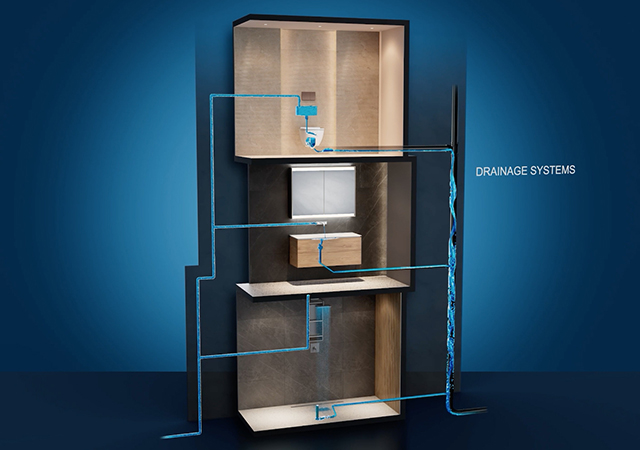
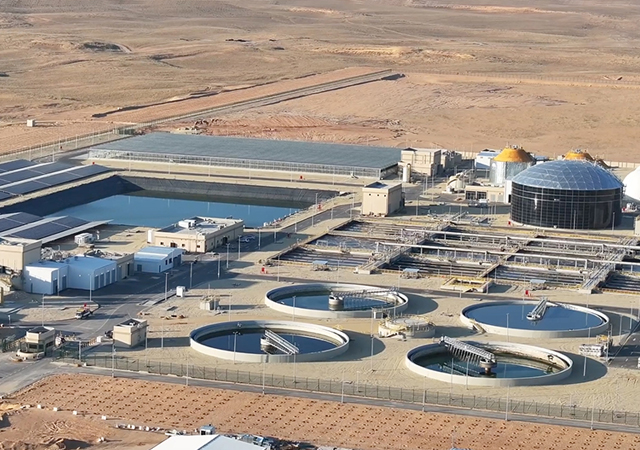

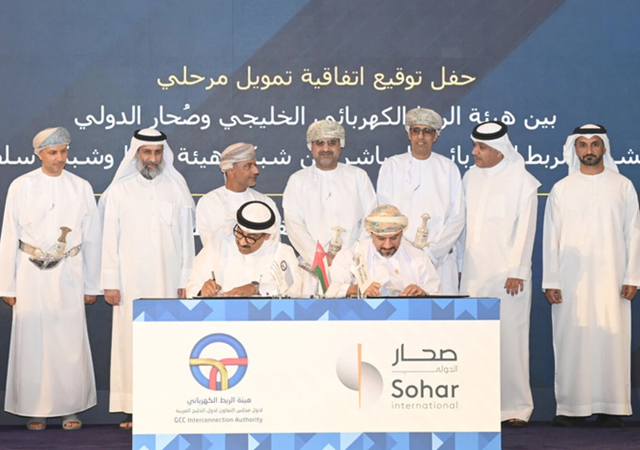
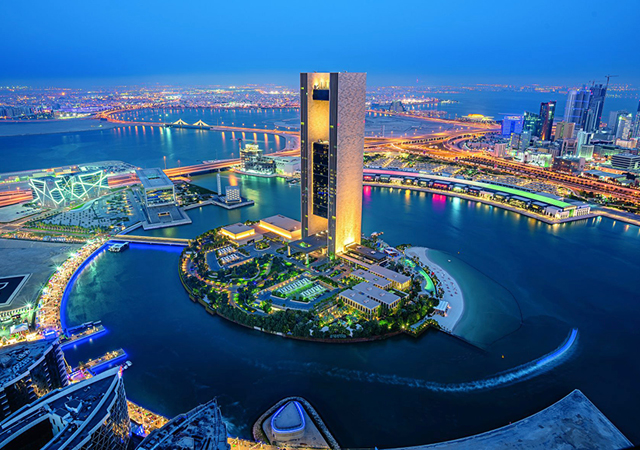

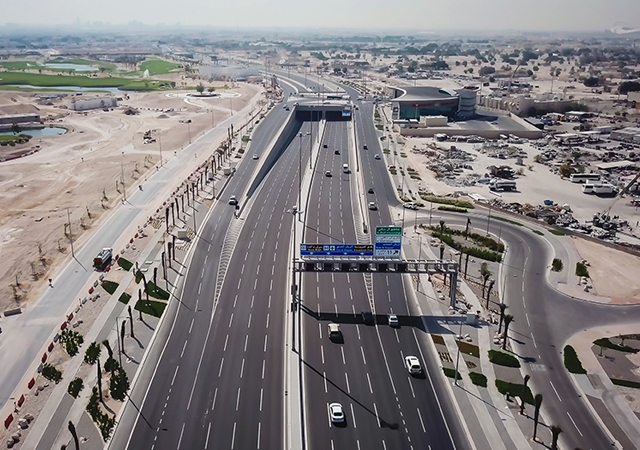
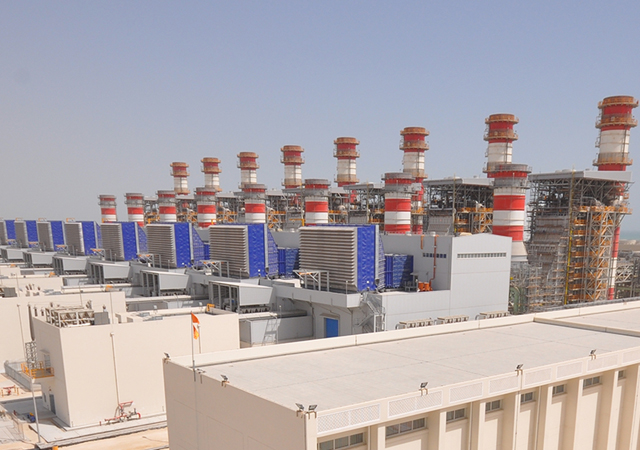
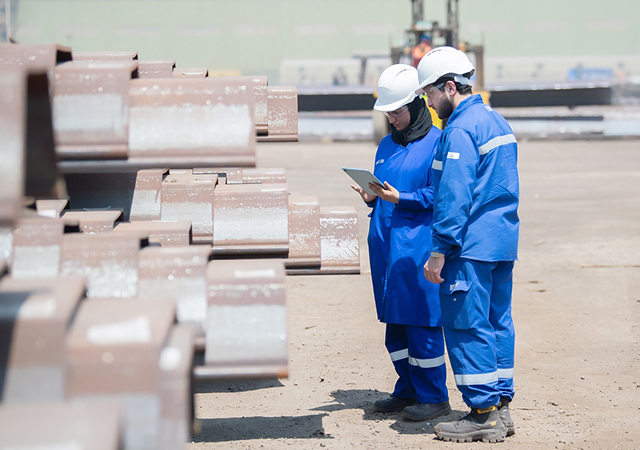
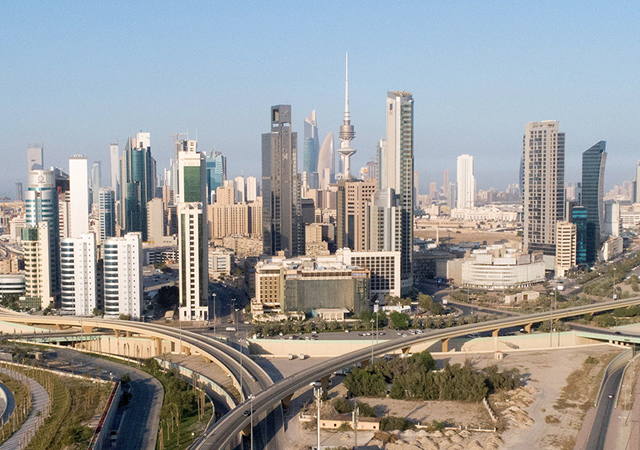
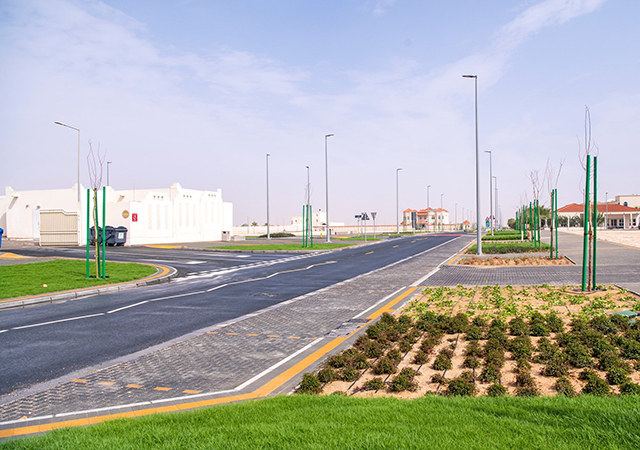
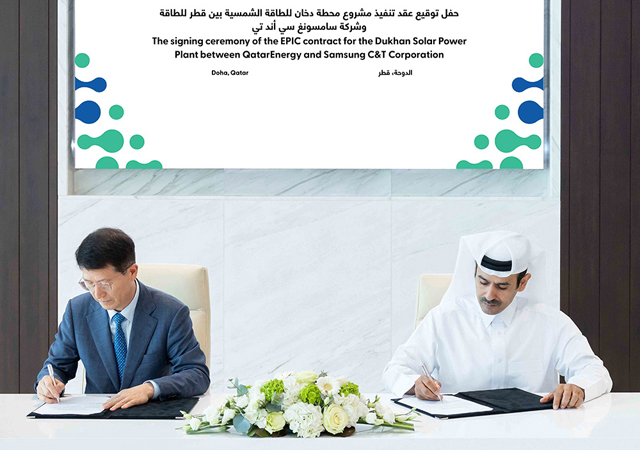
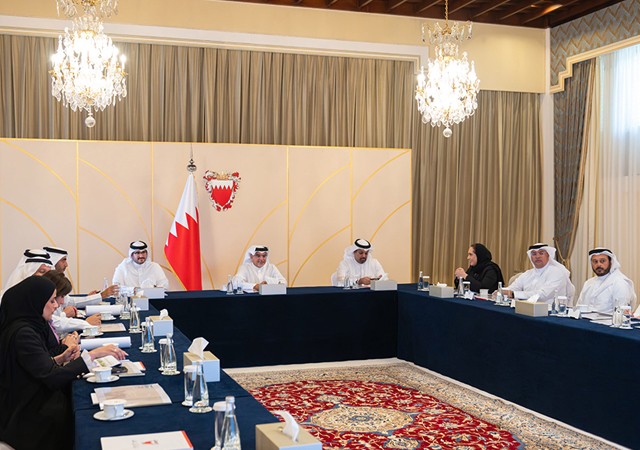

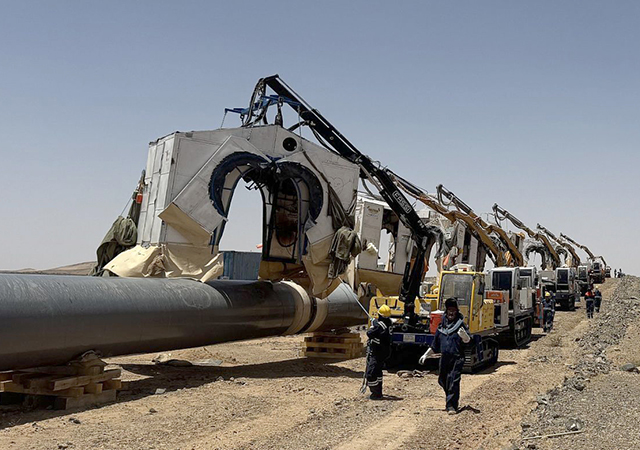

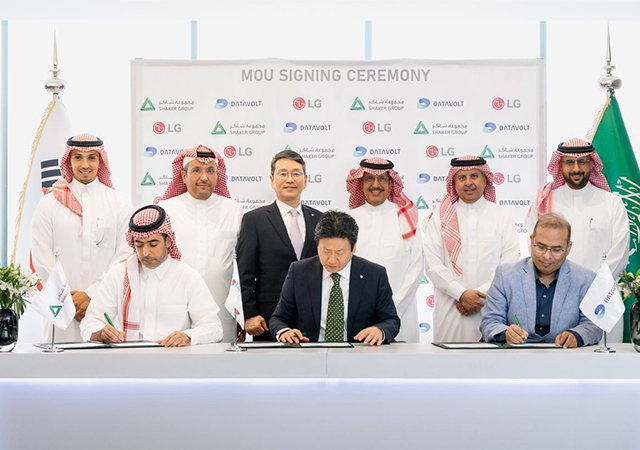
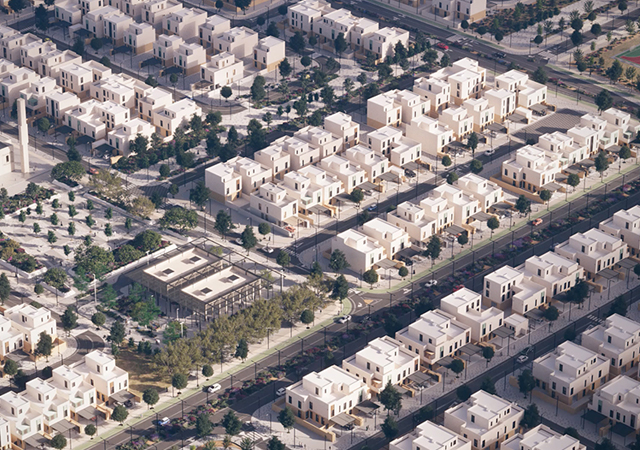
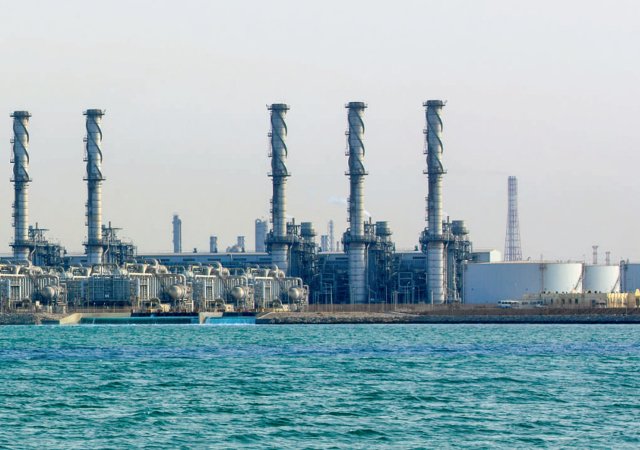

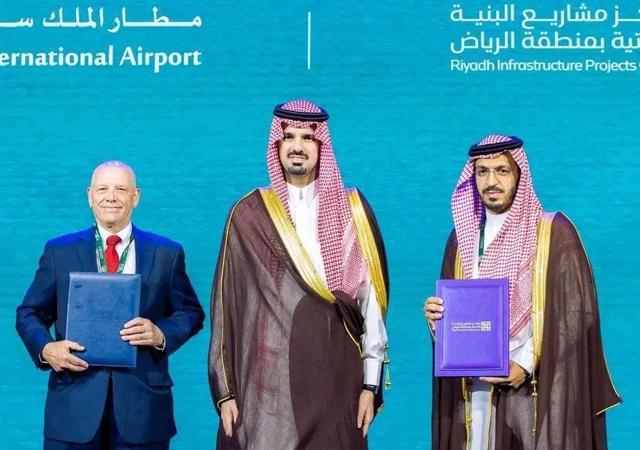

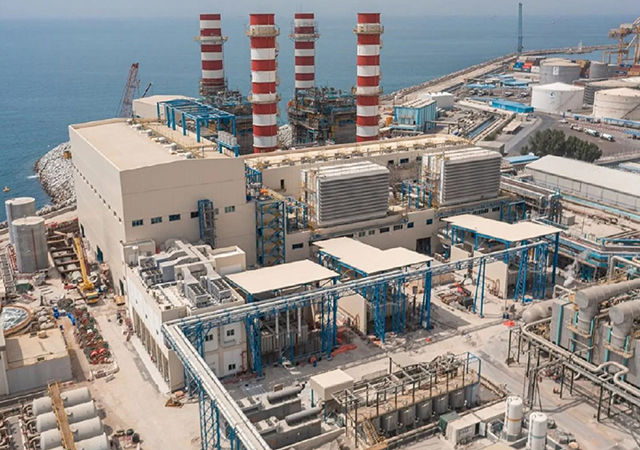
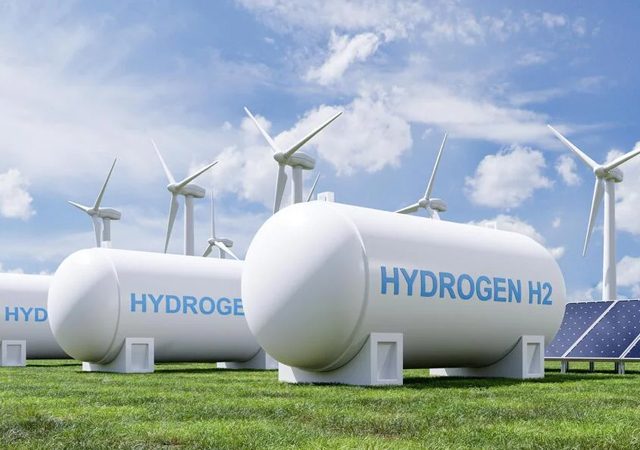
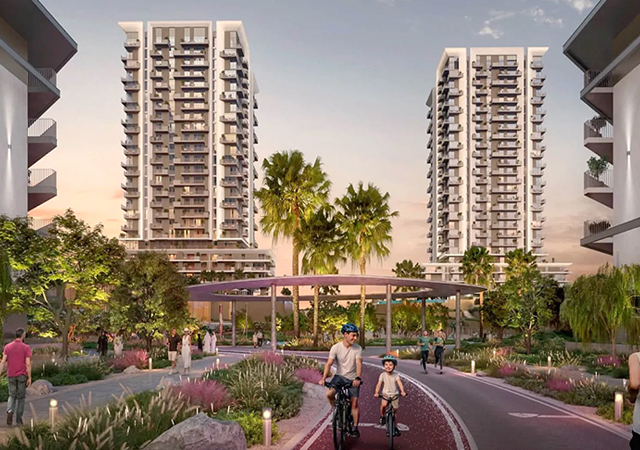
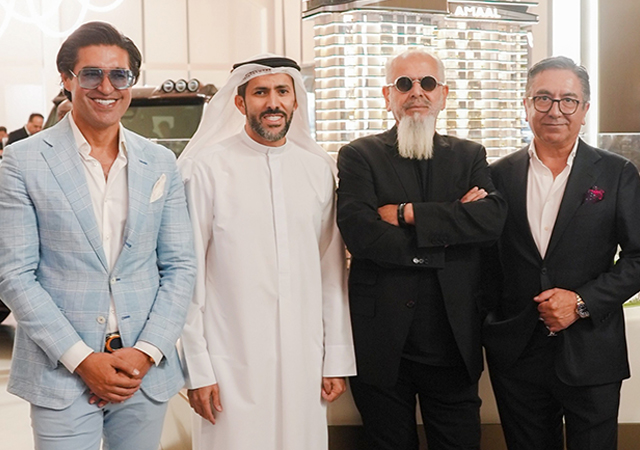
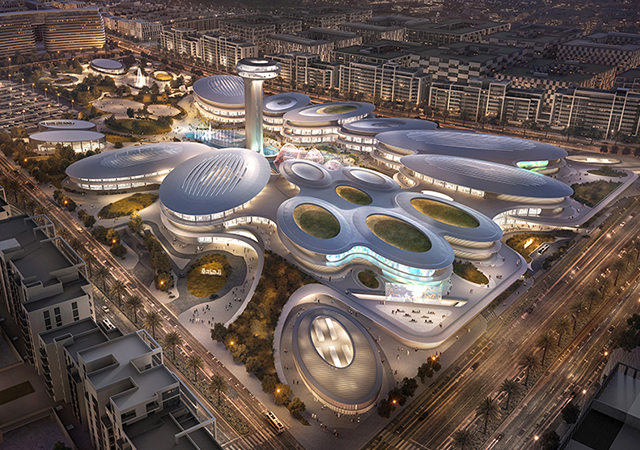
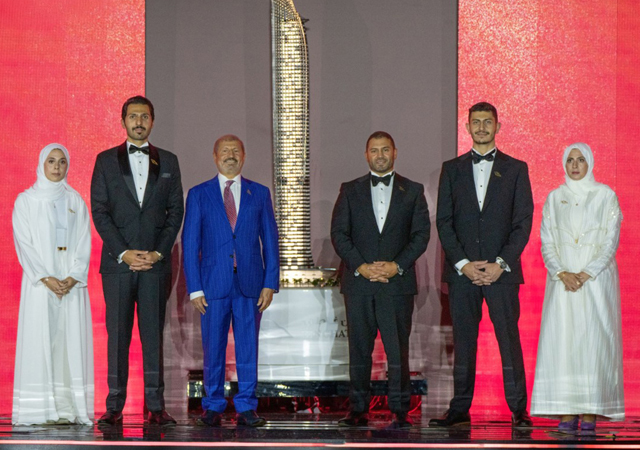
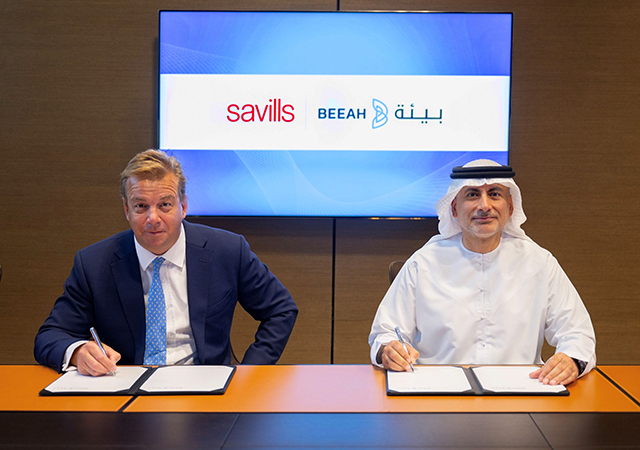


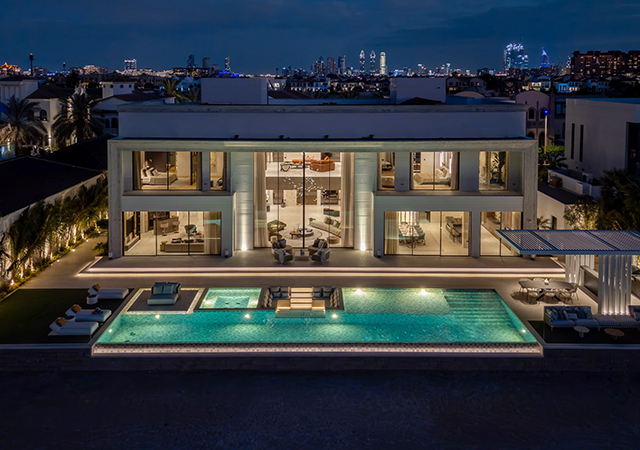
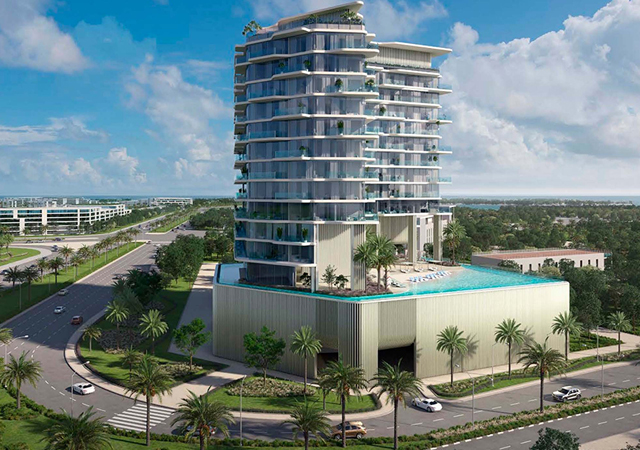
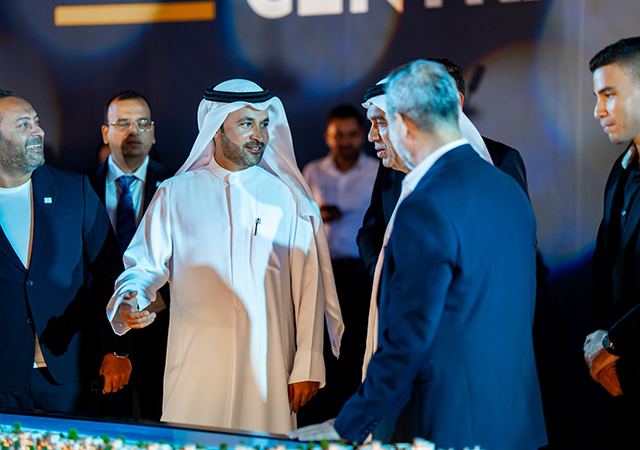
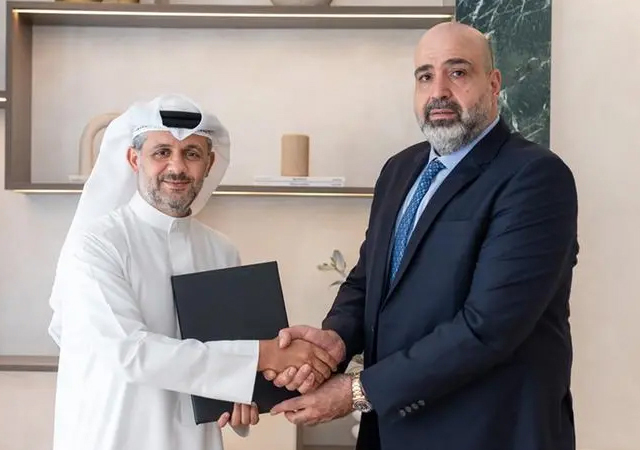
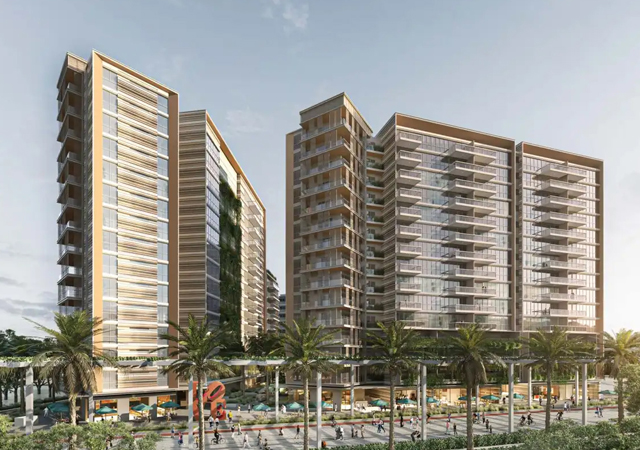
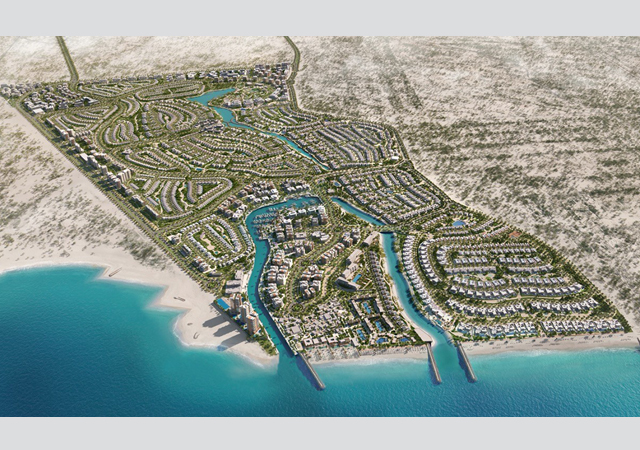
.jpg)
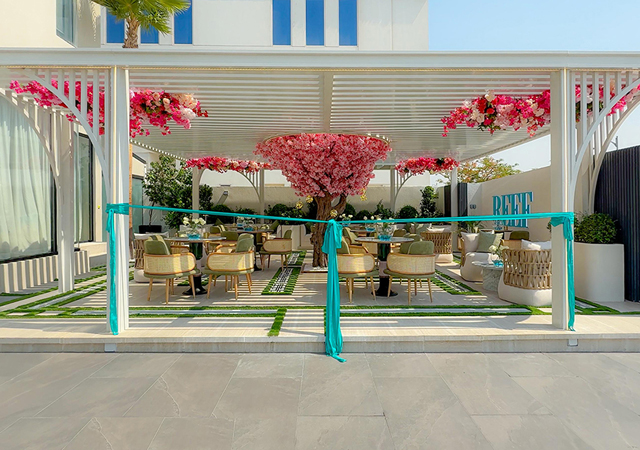
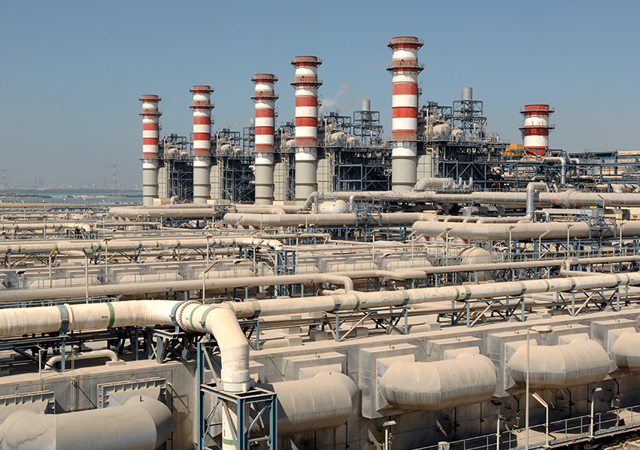
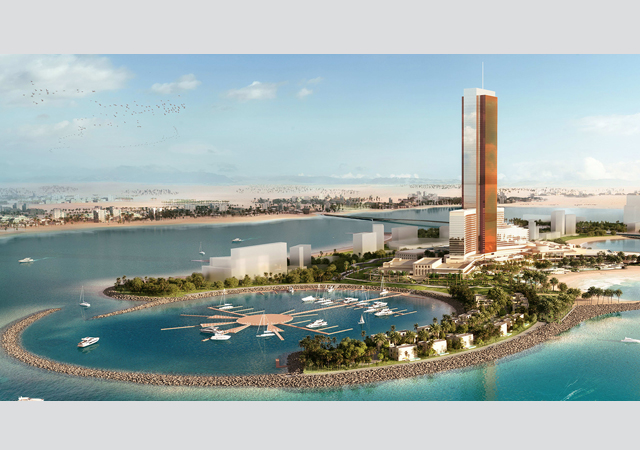
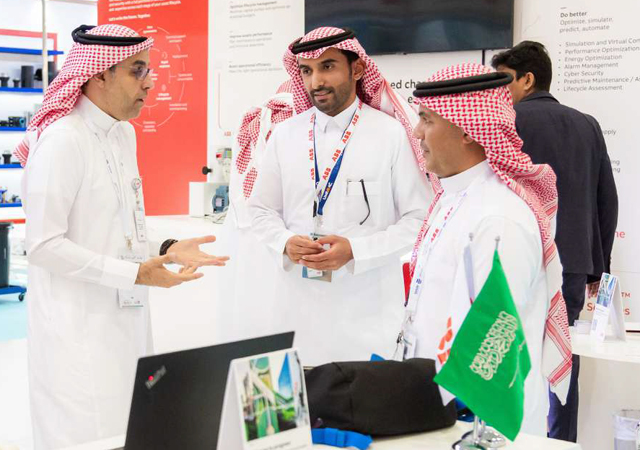
.jpg)
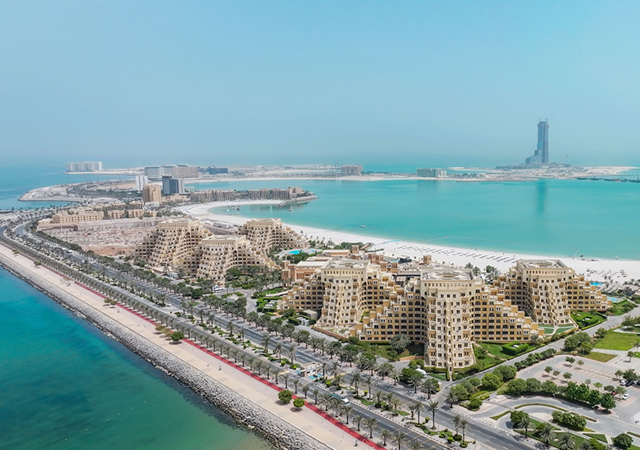
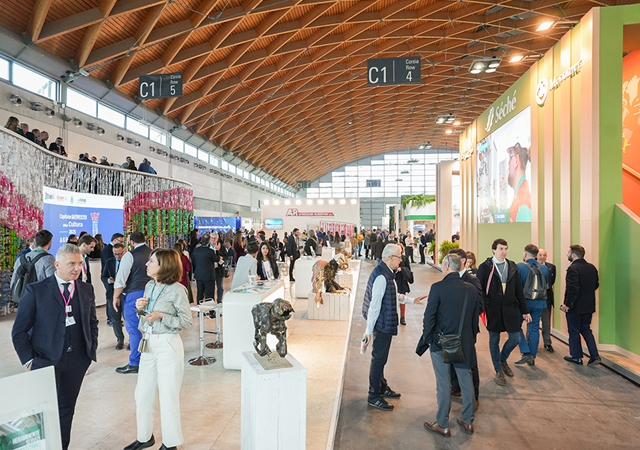
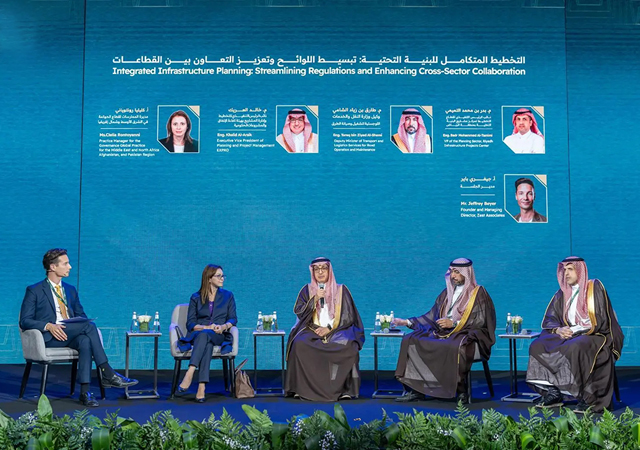
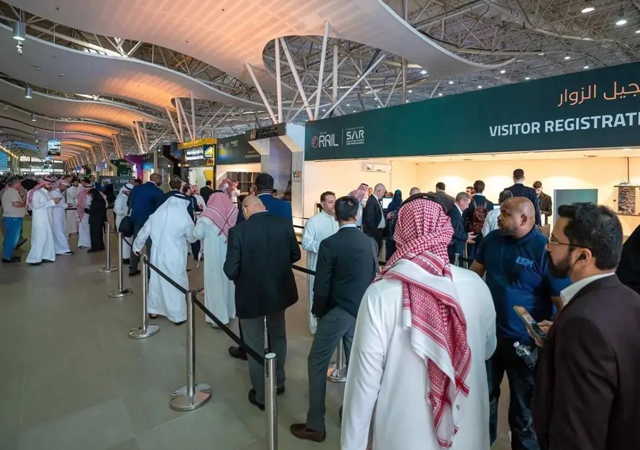










.jpg)















